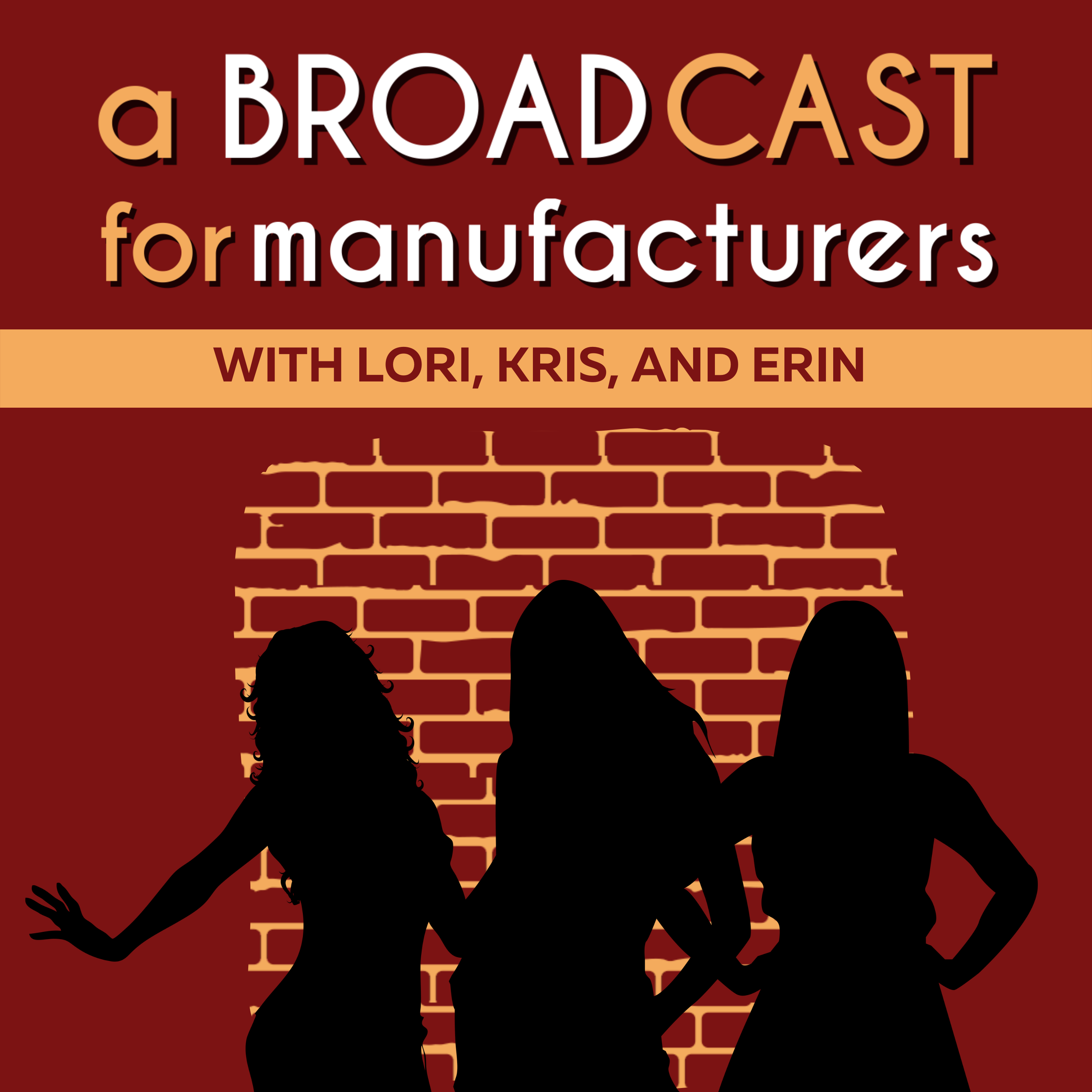- After-Shows
- Alternative
- Animals
- Animation
- Arts
- Astronomy
- Automotive
- Aviation
- Baseball
- Basketball
- Beauty
- Books
- Buddhism
- Business
- Careers
- Chemistry
- Christianity
- Climate
- Comedy
- Commentary
- Courses
- Crafts
- Cricket
- Cryptocurrency
- Culture
- Daily
- Design
- Documentary
- Drama
- Earth
- Education
- Entertainment
- Entrepreneurship
- Family
- Fantasy
- Fashion
- Fiction
- Film
- Fitness
- Food
- Football
- Games
- Garden
- Golf
- Government
- Health
- Hinduism
- History
- Hobbies
- Hockey
- Home
- How-To
- Improv
- Interviews
- Investing
- Islam
- Journals
- Judaism
- Kids
- Language
- Learning
- Leisure
- Life
- Management
- Manga
- Marketing
- Mathematics
- Medicine
- Mental
- Music
- Natural
- Nature
- News
- Non-Profit
- Nutrition
- Parenting
- Performing
- Personal
- Pets
- Philosophy
- Physics
- Places
- Politics
- Relationships
- Religion
- Reviews
- Role-Playing
- Rugby
- Running
- Science
- Self-Improvement
- Sexuality
- Soccer
- Social
- Society
- Spirituality
- Sports
- Stand-Up
- Stories
- Swimming
- TV
- Tabletop
- Technology
- Tennis
- Travel
- True Crime
- Episode-Games
- Visual
- Volleyball
- Weather
- Wilderness
- Wrestling
- Other
18: Why Digital Marketing is Essential for the Manufacturing Industry - with Sue Nordman
Meet Sue:Sue is the President of Obsidian Manufacturing Industries, Inc., a position she has held since 2018. She previously worked part-time for the family business while raising her three children. She has a long history within the manufacturing industry, with some of her earliest memories being of her father talking about working in manufacturing. She finds the marketing aspects of her job the most enjoyable and is zeroed in on establishing her company as a leader within the industry.Kris: What's changed on the sales and marketing side over the last five years for your team at Obsidian?
Sue: Well, in general, it applies to our team because we sell machine tools and machinery. So there are lots of different kinds of manufacturing, but the metal, you know, metal forming and working, cutting and all that is a pretty big sector, part of the manufacturing sector. And traditionally, when my dad was in manufacturing, in like the 70s, I mean, he was going way back to the 50s. But I can specifically remember like in the 70s sales, there was the salesman and they traveled all over and it was very intense. And the sale almost began with them. They were out searching for leads, doing cold calls, that type of thing. And now that's kind of on the back burner. I mean, it's more marketing is up there in front, which way back then, it was advertising that really marketing and there's a lot of print ads and things like that. So, you know, I have a husband that's been a machinist since 1984. And then, of course, my dad's no longer with us, but he has been a big influence on my husband and me. So we have that mindset that that's the way sales should be still for our products in our industry. And it's changed a lot. I mean, you can do a lot by just sitting at your computer. Yeah, digital marketing is taken over. And even in the last five years, I can remember talking to my husband and saying, you know, we need to get on social media, we need to have digital marketing, presence, and everything and he's like, Oh, no, you can try that. But we're gonna keep doing what we're, you've always done. Yeah. Now fast forward five years. I think with the pandemic happening, it, you know, surged it forward for a lot of business total, not just manufacturing, but all over. But I think that manufacturing is on the cusp of something new. I think that they're going to start leaning more toward marketing. Not that sales aren't important. It's a team event, in my opinion. So yeah, yeah, I think it's changed a lot
Lori: So how can a circular economy help manufacturing?
Sue: Well, it's all about that sustainability that everybody's trying to achieve. We a lot of have our brands, our oldest brand is over 100 years old. Cool. Our other three are somewhere around 70/75 years old. And so obviously we are, we are still repairing orders that are good, 75 years old, maybe 80 years old, some of them come in here, their parts for that. So, you see old machines like that. And there's a lot of we've had some customers call and say, I don't need my order, but I can't get rid of it. Because I just don't want to scrap it. So do you guys want to buy it, and that type of thing? People just don't want to see that part of manufacturing go away, I think there's some stability still to it,, they're a good standby. Just, for example, our grinders are all cast. So they are just cast iron, they're just, they're not fabricated at all. They're a very heavy duty machine that can take a lot of parts if they're still working after 80 years, they're still grinding, they just need to be, you know, rebuilt a little and have some parts replaced their ways need to be scraped that type of thing. There are still got plenty of decades of grinding left enough. So with a circular economy, you know, you're making taking and, you know, preventing the waste. So it's just, it's a recyclin

